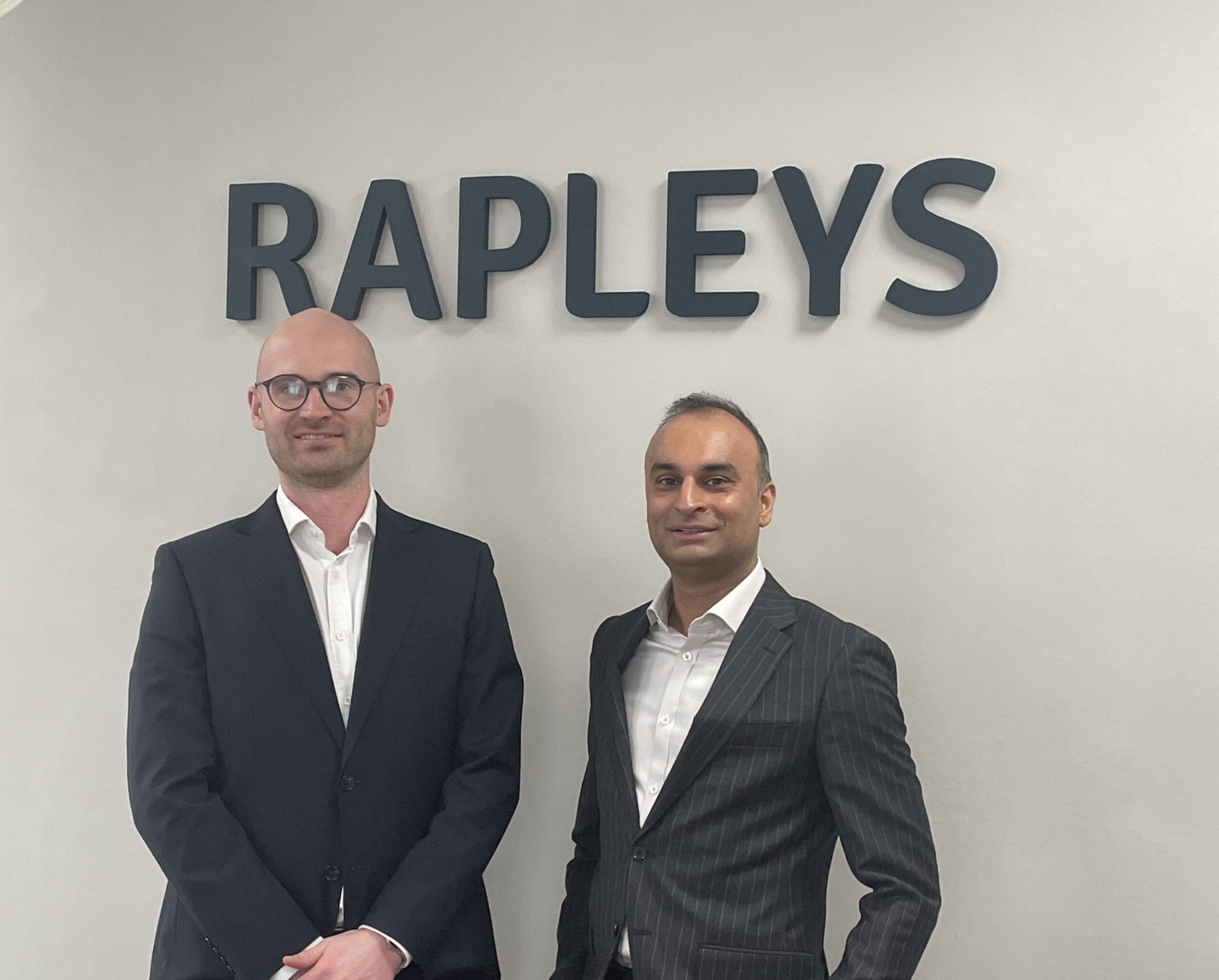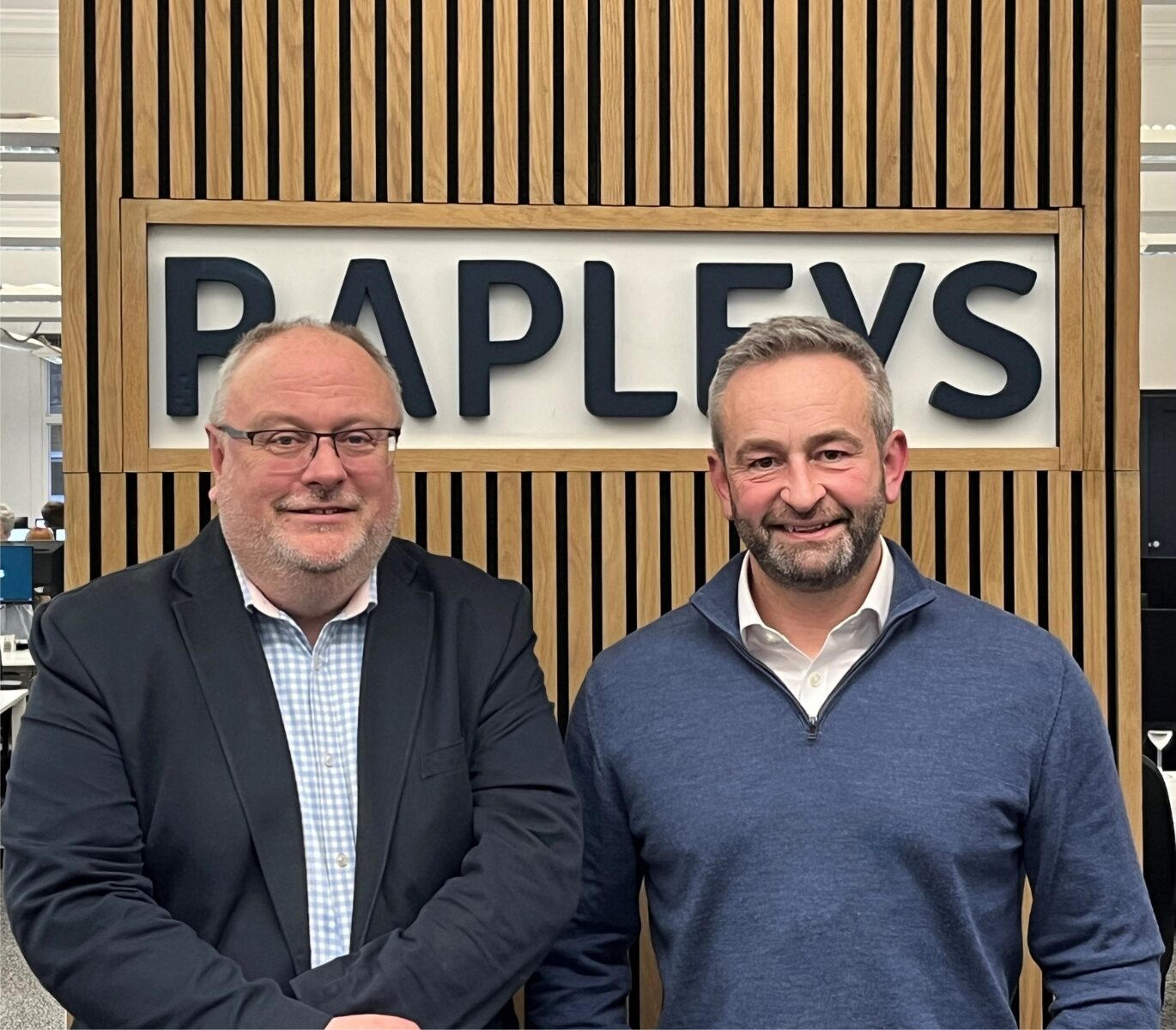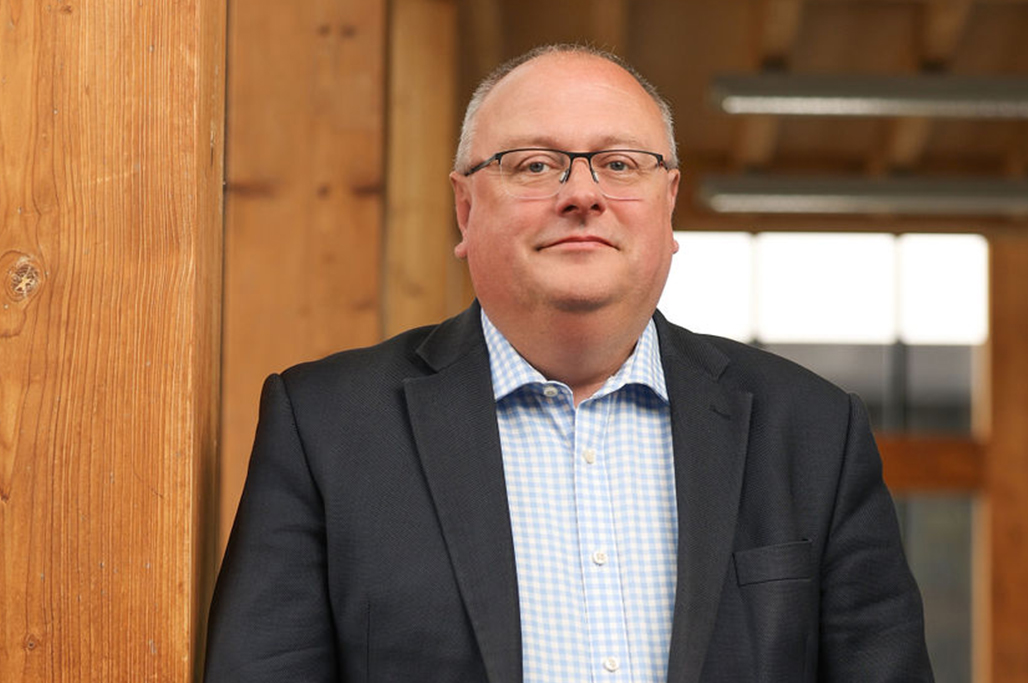
News Article
£30bn public building decarbonisation costs ‘tip of the iceberg’ in drive to net zero says sustainable building specialist Rapleys
19th Dec 2022
Published in Estates Gazette on 19 December 2022
The reported figures of £25bn-£30bn in investment required to decarbonise the UK’s public buildings is massively off the mark, says property consultancy Rapleys. Keen to point out that the figures are not deliberately misrepresentative, the company’s sustainable building consultancy say that unless the public sector partners with experts in the private sector, the challenge will not be successful due to the inevitable inability to see the wider picture of infrastructure needed to support individual well-meaning initiatives.
Due to the need to invest in infrastructure and ancillary services just to make individual energy efficiency solutions work properly, the price of, for example, an air source heat pump at circa £45,000 represents an overall minimum investment of £135,000 when you consider the installation cost and the potential electrical substation upgrade costs to ensure it can work when running alongside a host of other long-standing electricity needs. And that’s not counting the potential size of the substation or the duress it is already shouldering from other demands elsewhere on the grid.
A traditional gas solution is normally costed at £500/kW but an electricity solution is priced at double that – a high price to pay for a ‘more sustainable’ option.
However, Rapleys says that the cost is not the main challenge when it comes to decarbonising the nation’s real estate. According to the property consultancy – who acts on behalf of a range of local authorities who are already progressive and recognising the challenge and partnering with them on their needs – the complexities of the sites themselves are the core issue. The vast majority of public sector buildings are old, inefficient and some have heritage attributes that require more intensive and expensive solutions.
Rapleys’ sustainability and building services team is instructed on hundreds of public sector sites up and down the country and is working with local authorities to rectify the problem. Decarbonisation strategies, if done early enough, can build in the ancillary services and investment to ensure a smooth and successful roll out of infrastructure that will actually work, without the one-off equipment charges that don’t work in silo.
Lee Fraine, head of sustainability and building services at Rapleys, says: “Most decarbonisation equipment runs on electricity and requires supporting infrastructure. A good example is the air source heat pump which requires electrical power. So, say for a large commercial enterprise, like a school, not only do you need a large space to position the plant and equipment on which is not really feasible for a state-run primary school, but you need a big electrical source and for a large facility, this may equate to an entire power upgrade for the building, add this to multiple public properties then region’s power for public building’s would require significant upgrade.
“The main takeaway is the need to evaluate and plan well in advance with an expert who can strategize the best way to approach the challenge. It’s certainly not a good idea to play the quick game and invest in off-the-shelf solutions to tick a box, when, in reality, significantly more infrastructure and a budget three times that spend might be needed to ensure the initial equipment works. Otherwise, you end up with a ‘whack-a-mole’ situation whereby you are spending on one thing and that pops up another problem and another that becomes a black hole of expenditure that no organisation can afford right now. Transparency, understanding and expert forward planning is key.”
Rapleys recently reorganised its business around four key services with building consultancy at its heart alongside commercial, planning and residential. Its sustainability and building services team is best in class in the industry and works across the UK to support private and public service organisations to implement the right strategies and solutions to help reach the country’s net zero targets and retain and add future value to assets.
Related news
Rapleys expands in Birmingham as it brings in regional Planning Team
UK, March 2026 – Rapleys has continued to grow strategically with the addition of two senior planning appointments in its fast-growing Birmingham office.





